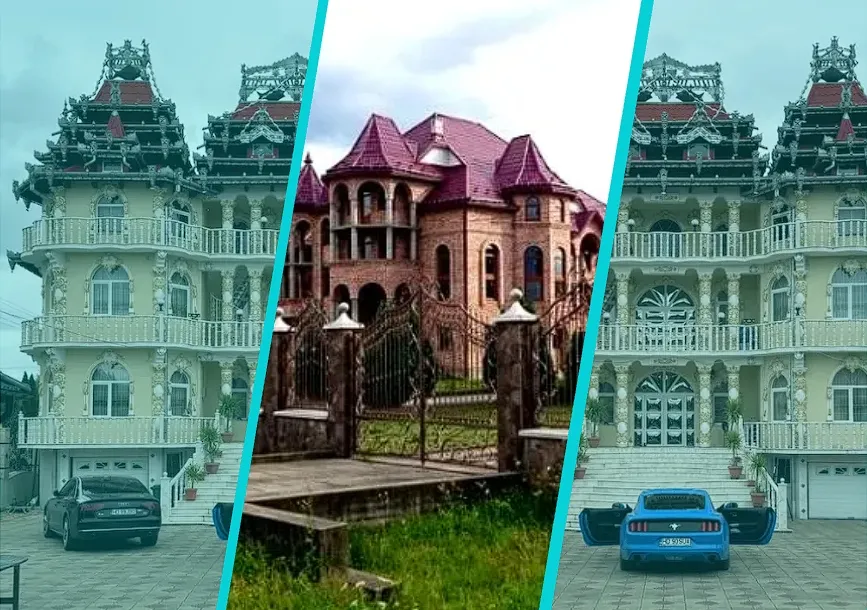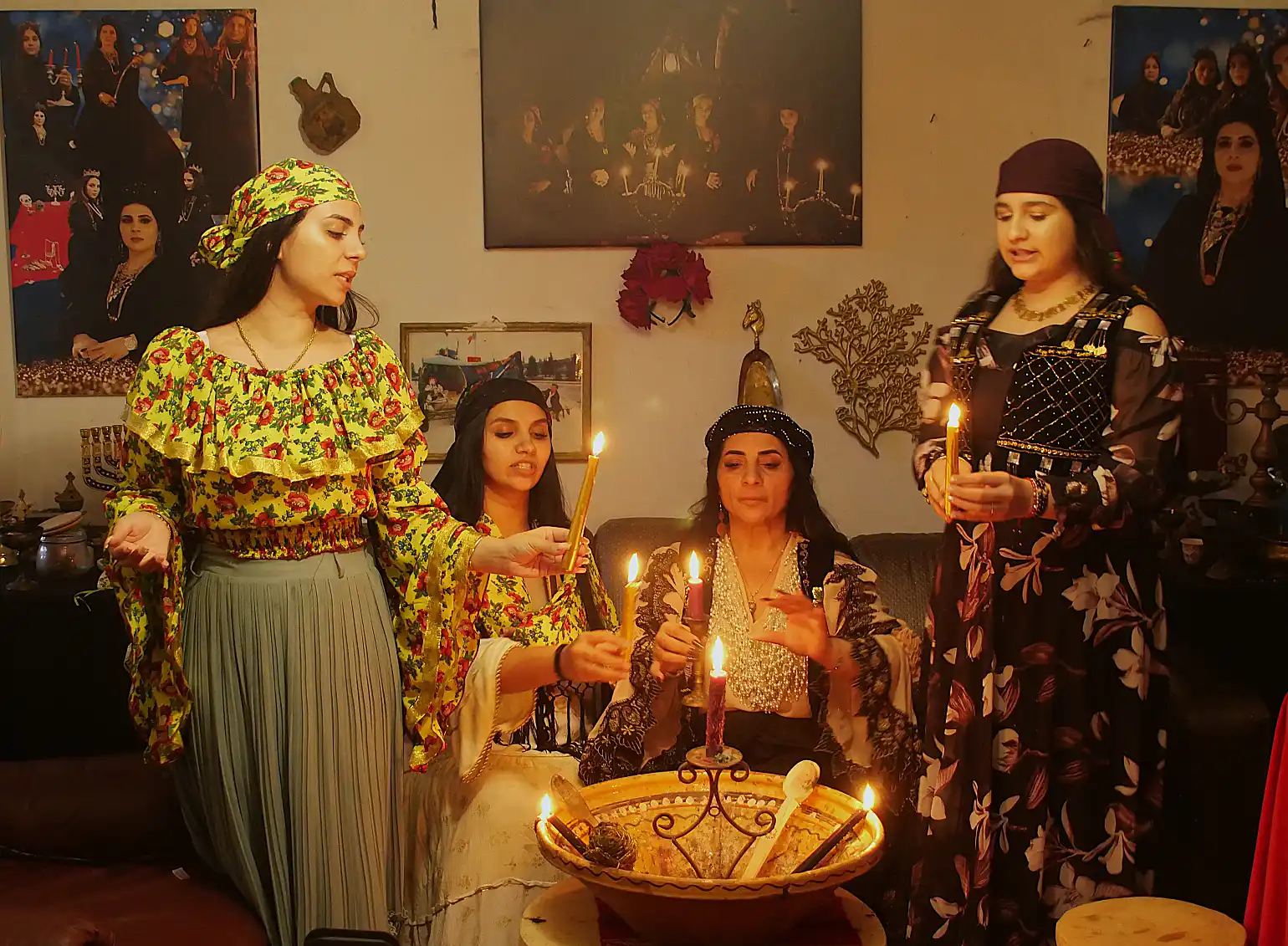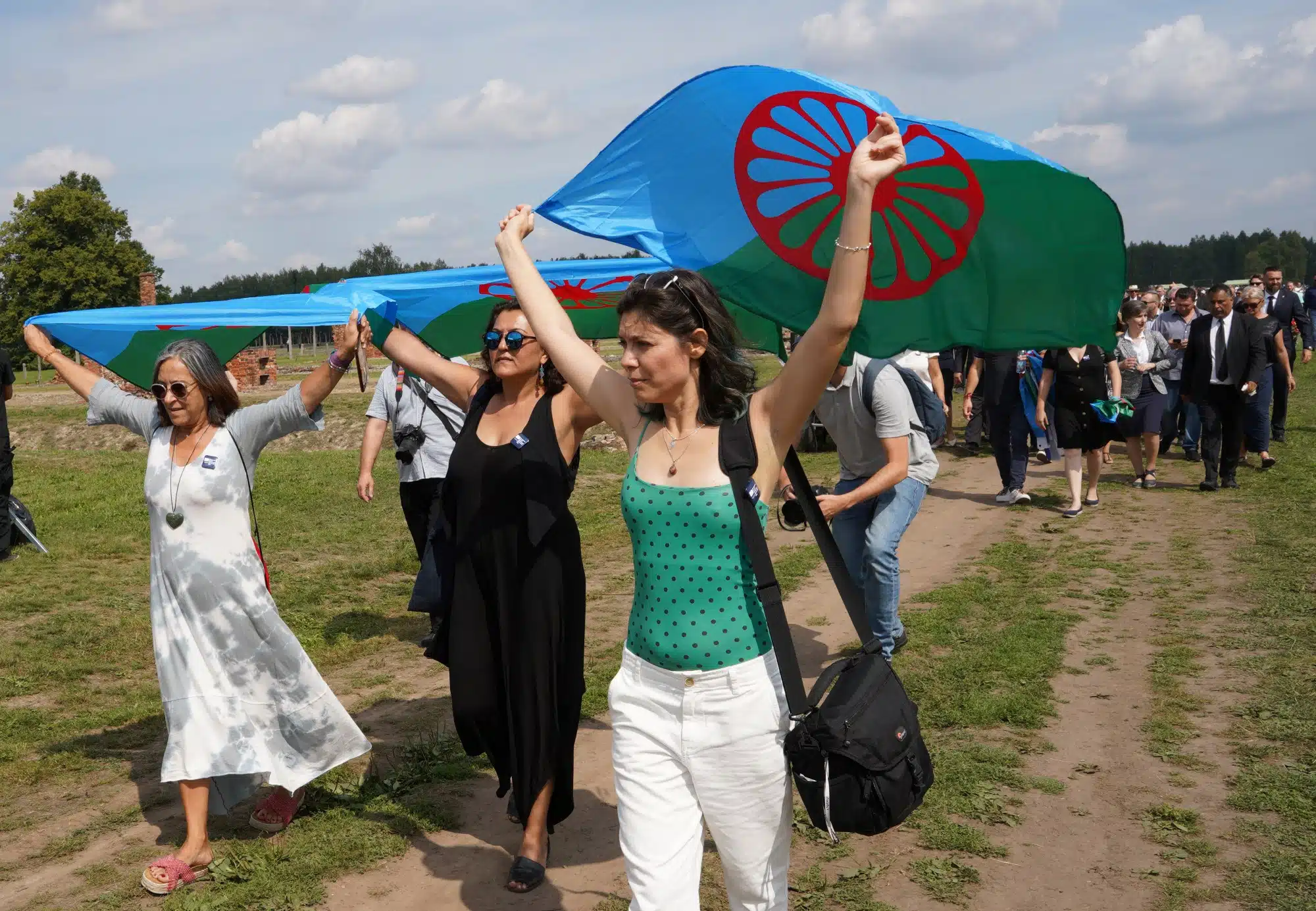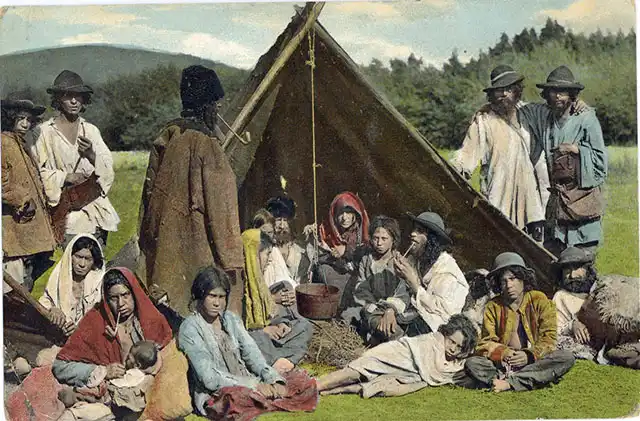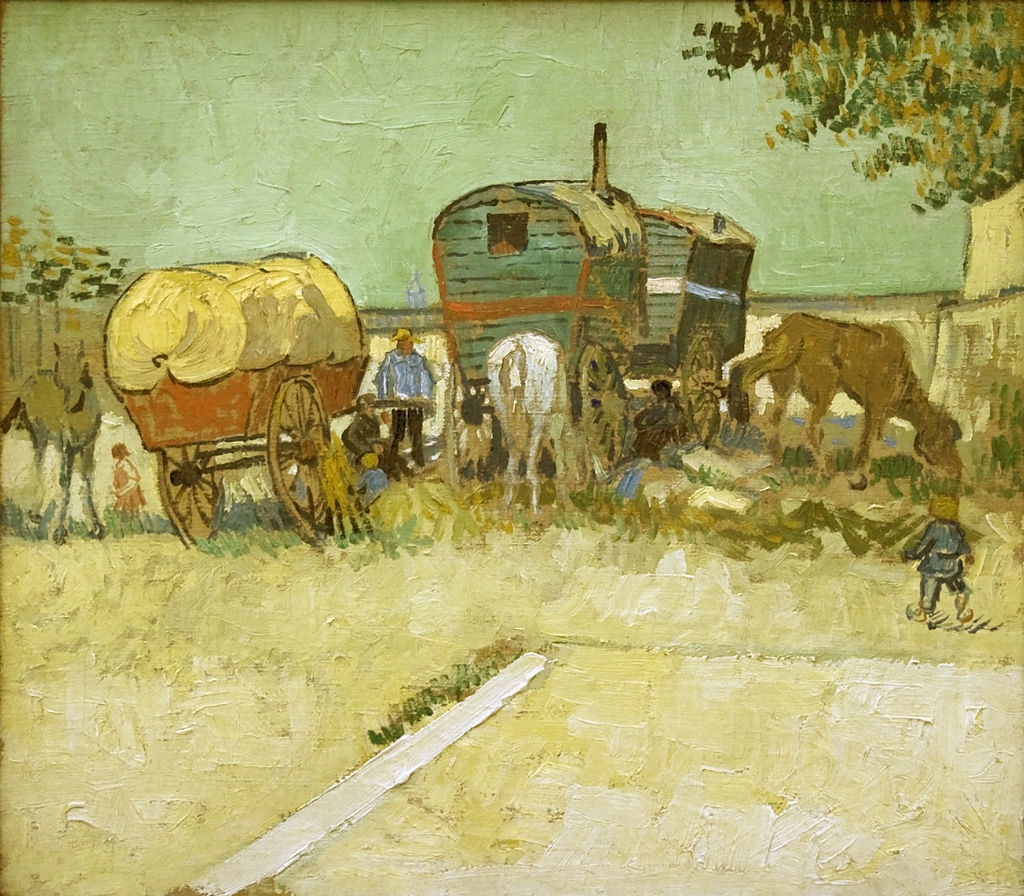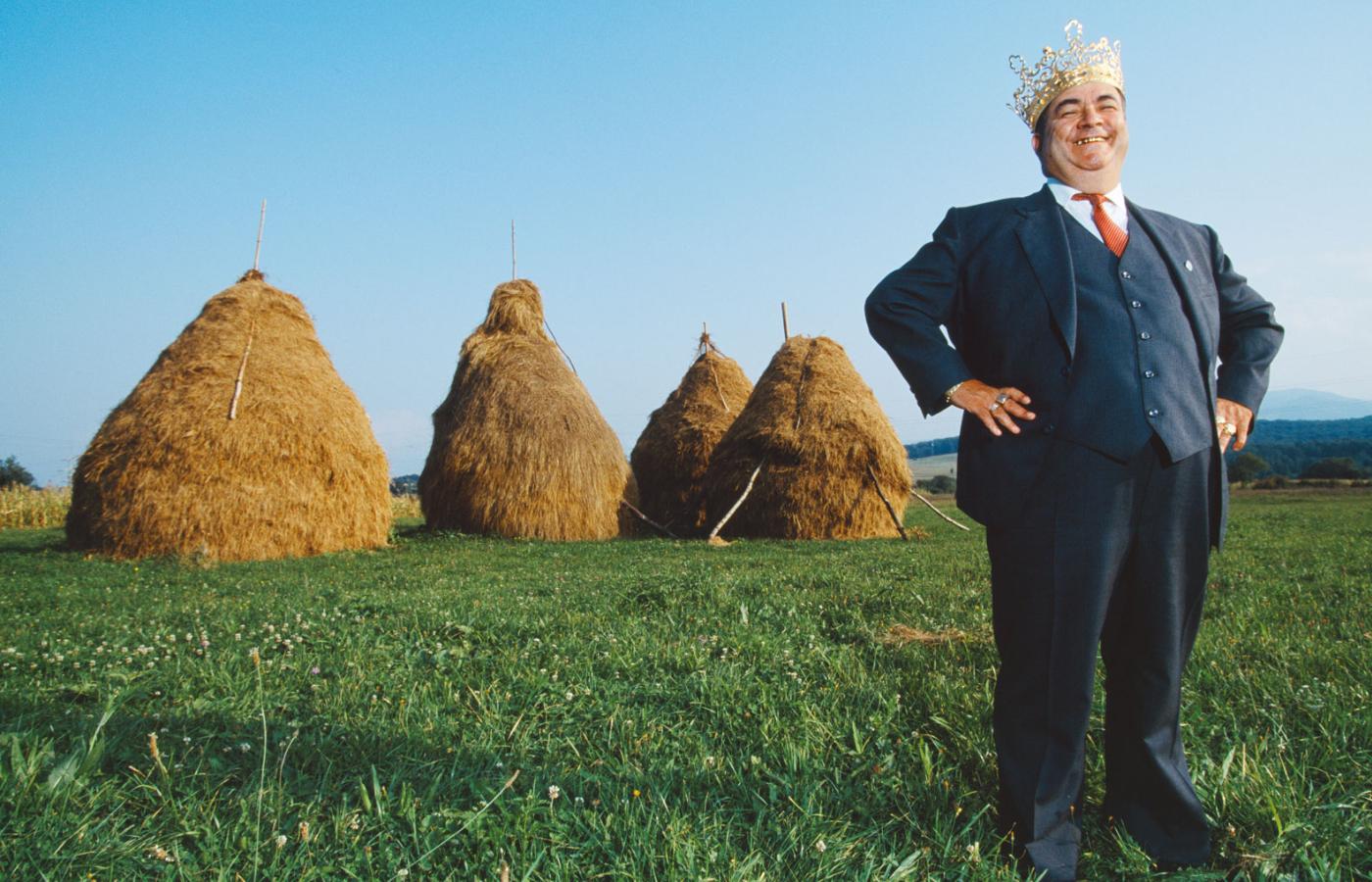A singer with artificial intelligence was created in Romania. She is called Lolita and already has thousands of fans and millions of views on social networks, local media reported in their reports on the subject.
The creator of Lolita is a young man from Bacău, who calls himself Tom. He is a visual designer by profession with over ten years of experience in editing photos and videos.
“Lolita sings in Romanian. She is a project that connects the old with the new. A specific violin sound, traditional music performed by Roma orchestras, is mixed with modern instrumental accents. Several styles are intertwined,” explains Tom, who writes the lyrics of the songs.
